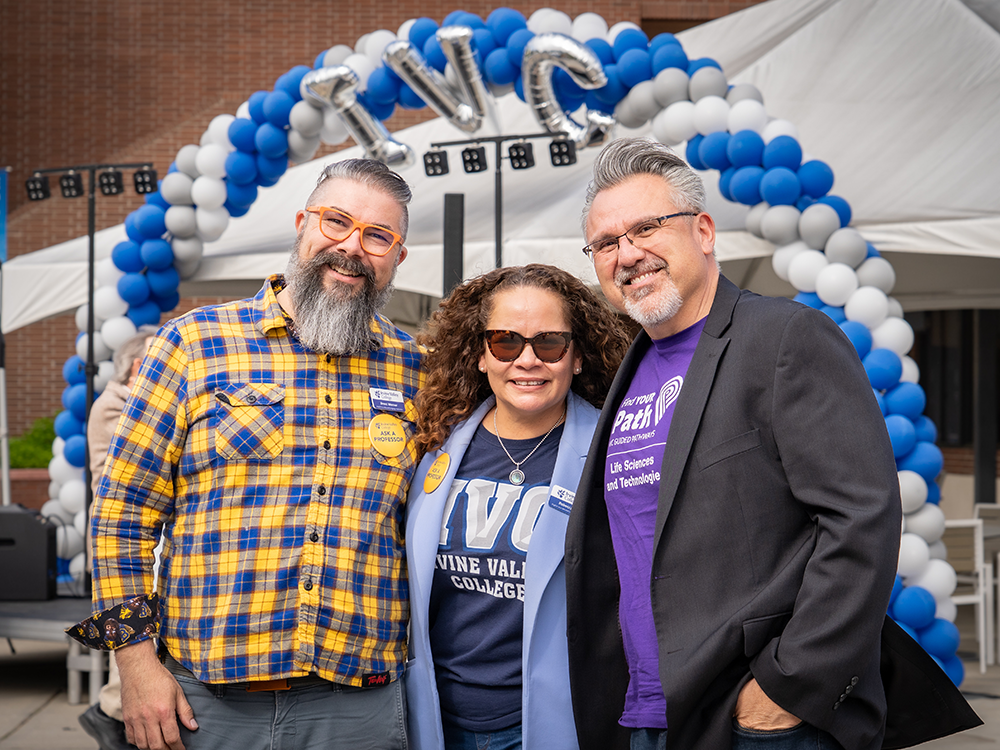Information for Respondent
What do I do if I am accused of sexual violence and/or sexual harassment?
DO NOT contact the complainant. You may want to speak with someone in the campus community who can act as your support person. Dr. Martha McDonald, vice president for student services and Title IX officer, can explain IVC’s grievance procedures for addressing sexual harassment complaints. You may also want to seek confidential counseling through the Health and Wellness Center or seek support through off-campus services.






